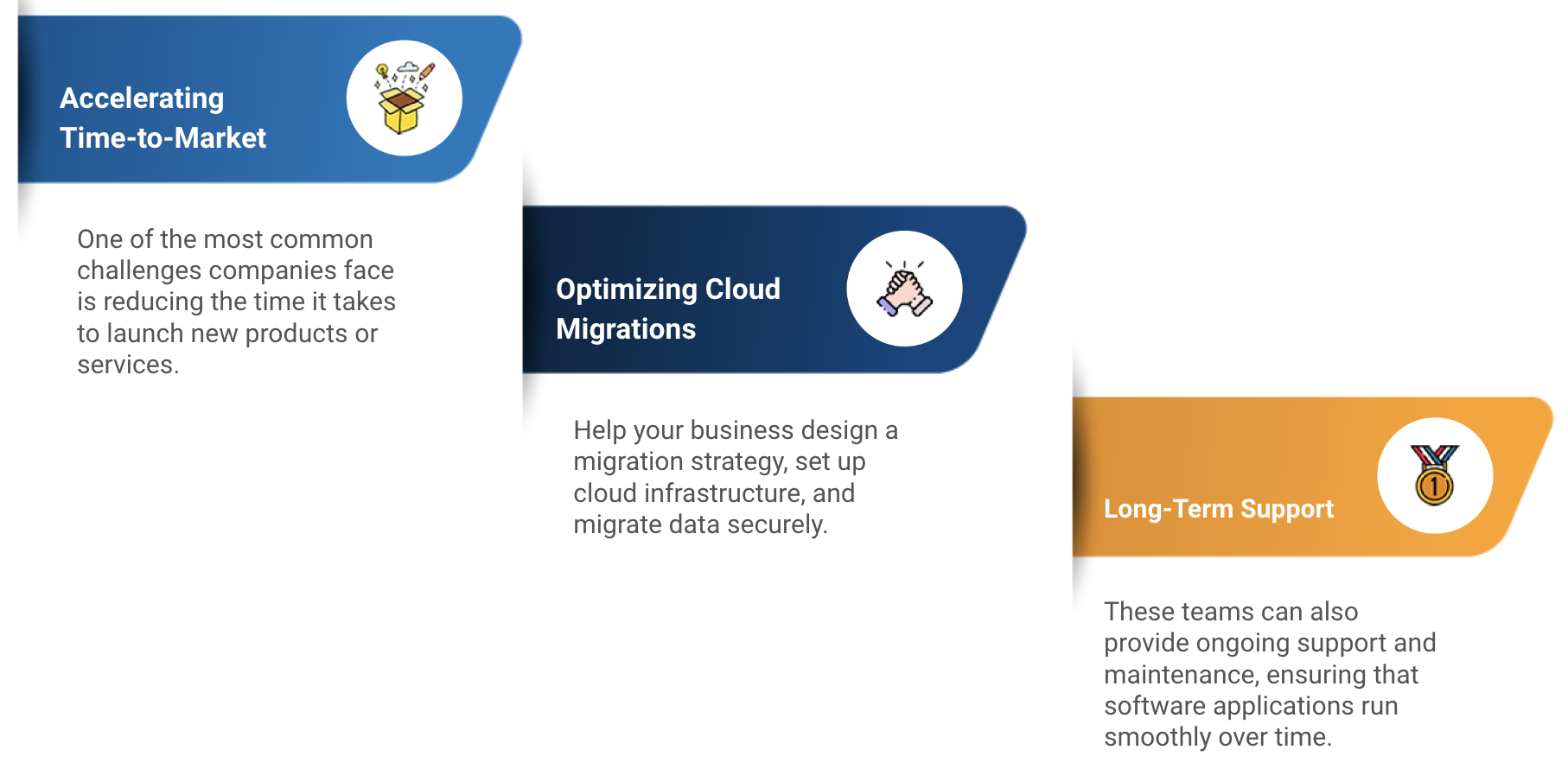
In today’s fast-paced business environment, companies need to adapt quickly to technological changes. However, many organizations face challenges when managing complex software development projects, either due to a lack of expertise or insufficient resources. A managed team can be the solution to these problems, offering a reliable and scalable way to meet your development needs while maintaining quality and efficiency.

What is a Managed Team?
A managed team is a group of highly skilled professionals managed by a service provider who collaborates with your company to complete software projects. This setup offers flexibility, access to specialized expertise, and the ability to scale resources up or down based on the project’s requirements. By having a dedicated team of developers, project managers, and QA specialists working together under a well-defined structure, businesses can focus on their core activities while the team takes care of the technical side.
Imagine your company wants to implement a new CRM system tailored to your specific sales processes. Instead of hiring multiple developers, designers, and project managers, you can use a managed team that already has experience in developing CRM solutions. They handle everything from requirements gathering and system design to development, testing, and deployment, ensuring a seamless and customized solution. This approach saves time and reduces the risk of hiring the wrong talent, as you’re working with a team that is already familiar with similar projects.

Accelerating time-to-market for e-commerce platforms
One of the most common challenges companies face is reducing the time it takes to launch new products or services. An example is an e-commerce company looking to build an online platform from scratch. A managed team can expedite this process by leveraging their experience and resources to create a fully functional platform within a set timeline. They handle all aspects of development, including backend architecture, frontend design, and integration with payment gateways, ensuring that the platform is ready for customers without delays.
Optimizing cloud migrations with a managed team
Many businesses are transitioning their systems to the cloud to gain agility and scalability. However, cloud migration can be complex and time-consuming. A managed team experienced in cloud technologies can streamline this process, helping your business design a migration strategy, set up cloud infrastructure, and migrate data securely. This ensures that the transition is smooth, minimizing downtime and reducing the risk of data loss.

Long-term support and maintenance: Ensuring stability
The value of a managed team doesn’t end when the project is delivered. These teams can also provide ongoing support and maintenance, ensuring that software applications run smoothly over time. For example, a financial services company using a managed team for software development might also retain the same team for maintenance, ensuring that any bugs are fixed quickly and updates are implemented seamlessly.
A managed team offers an effective way for companies to manage their software development needs, combining flexibility, expertise, and cost-effectiveness. By choosing a managed team, business leaders can focus on their core objectives while ensuring that their technology projects are delivered efficiently and with the highest quality. Whether it’s building new systems, optimizing existing platforms, or supporting long-term maintenance, a managed team provides the support you need to drive your business forward.

